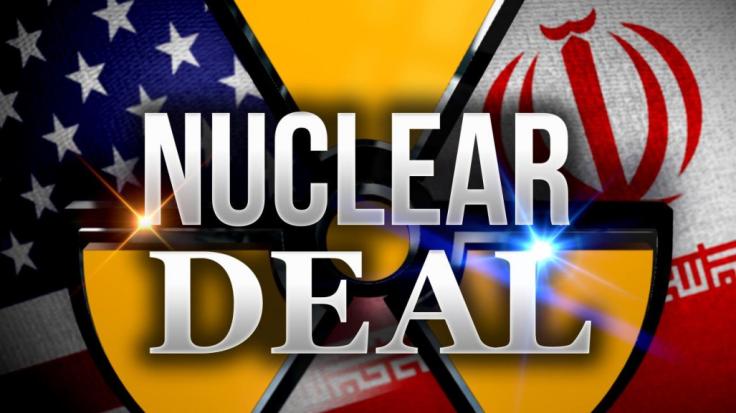Why Iran nuclear deal is still historic challenge for Trump?

In July 2015, The San Diego Union-Tribune Editorial Board called the agreement that the United States, Britain, China, France, Germany, Russia and the European Union had just reached with Iran a “historic gamble.” In exchange for reduced economic sanctions and the return of up to $150 billion in seized assets, Tehran agreed to sharp limits on its uranium enrichment program -- which could have been used to make nuclear weapons -- and to regular inspections of its nuclear facilities.
We lauded the deal’s worthy goals of slowing Tehran’s drive for nuclear weapons, reducing Middle East tensions and encouraging the nation of 80 million people to moderate its behavior. But we also worried Iran wouldn’t live up to its obligations. A hostile rogue nation that has long engaged in international terrorism and that helped the Syrian government trigger the biggest refugee crisis in world history is hardly one that can be trusted.
Two years later, the Iran deal seems to be on shaky ground.
While international inspectors and other deal signatories say Tehran remains in compliance, President Trump and CIA Director Mike Pompeo believe Iran is in defiance of the spirit of the accord. Under a framework that the US Congress established with the Obama administration, the White House is required to certify Iran as being in compliance with the pact every 90 days. So far, Secretary of State Rex Tillerson has gotten his way, with certifications being issued in April and July. But the president has also approved new sanctions against Tehran over its attempts to develop new missile technology, for its continued support of terrorism and for its aggressive actions toward US vessels in the Persian Gulf.
This prompted Tehran to say Washington is violating the treaty -- and, on Tuesday, led to an explicit threat from Iran President Hassan Rouhani that may signal the treaty’s demise. In a statement issued by Iran’s official news agency, Rouhani said Iran’s nuclear program could be revived “not within a week or a month, but within hours or days” -- with Iran resuming production of enriched uranium at higher levels than previously seen.
If this is true, then it suggests the sanctions on Iran’s nuclear program haven’t set it back. If it is just a bluff to try to get the Trump administration to back down -- as is far more likely -- it is horribly timed. North Korea’s successful test of intercontinental ballistic missiles and its nuclear threats against the United States have only increased US unease about the proliferation of nuclear weapons and advanced military technology.
Nevertheless, if US intelligence concludes it is a hollow threat, we hope Tillerson continues to have the final say. If the goal is to prevent new, untrustworthy members of the nuclear club in one of the world’s most dangerous regions, then the treaty is working.
But given the US government’s dubious history of optimism about the existence of Iranian “moderates,” the pursuit of better relations with Tehran must be undertaken, as we wrote in another Union-Tribune editorial in 2015, “without blinders.” By that standard, if Trump heeds Pompeo and blocks the next certification of Iranian compliance, the decision will be defensible — because Iran continues to be a hostile rogue nation.
Source: koreaherald.com
